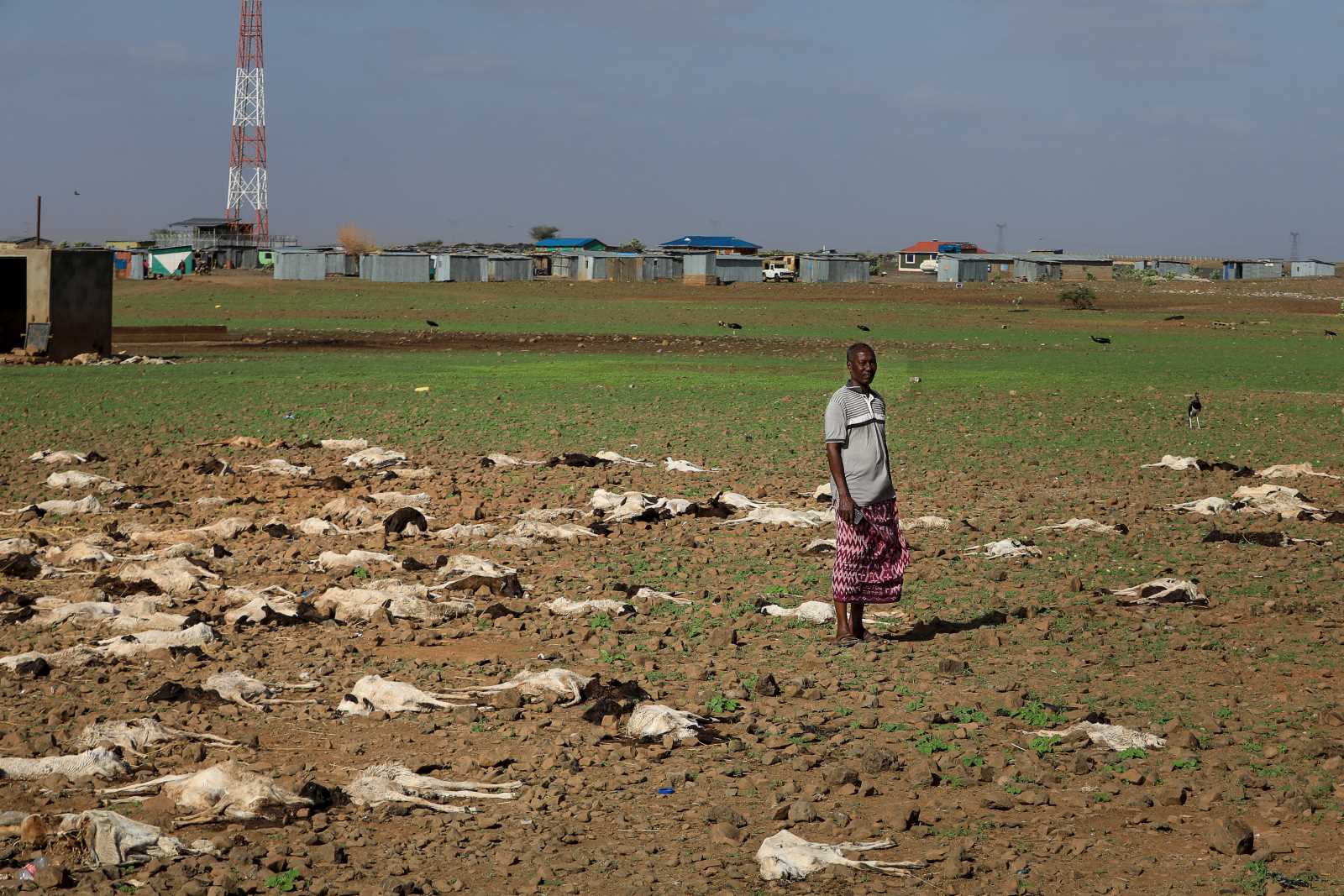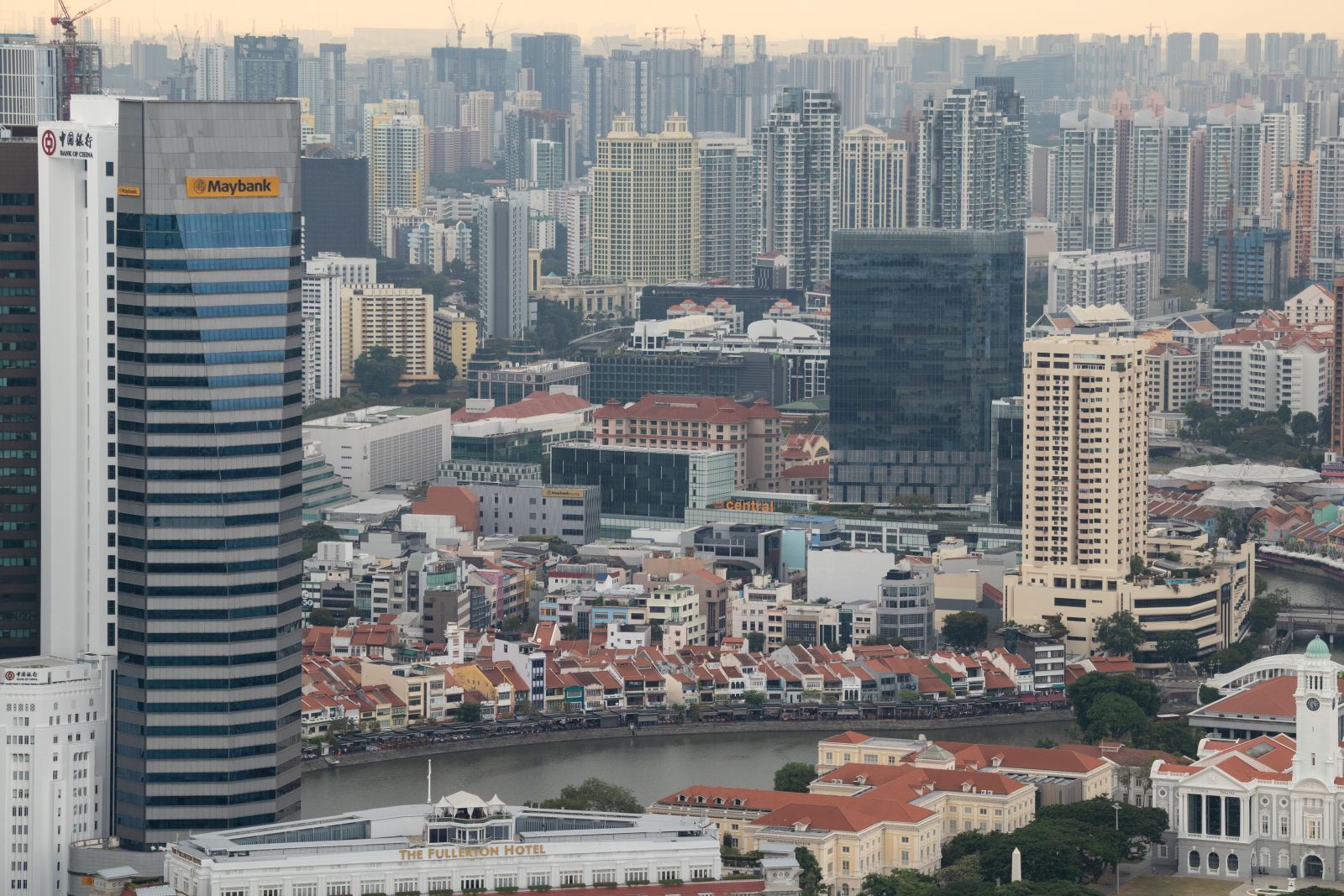Infrastructure spending is crucial as Genoa’s tragedy shows
In Germany, the media generally wrote that this kind of disaster cannot happen in our country. Well, perhaps our “Autobahnen” are better monitored than Italy’s “autostrade”. To some extent, it is comforting that heavy trucks have been barred from using an important motorway bridge near Leverkusen in recent years. Like the Morandi bridge, it was built in the 1960s and was not designed for the number and the size of vehicles crossing it in the 2010s. Traffic volumes have increased dramatically, and infrastructure are not kept up. People who depend on the Leverkusen bridge are frustrated by the way because the ban of heavy trucks is hard to enforce and is now causing regular traffic jams.
In my eyes, however, German trust in German government institutions tends to be excessive. Nine years ago, the building that housed Cologne’s historic archives collapsed. The city’s transport authority was constructing a new underground train line and mismanaged the site of a planned underground station. Not enough steel was used, the archives building fell into a pit. Two people died. Nobody, including me, had expected this kind of thing to happen in one of Germany’s major cities. But it did happen. One lesson is that we should be very careful about ruling out things that “cannot happen here”.
Many people think that inadequate infrastructure spending is something that marks the difference between the developed and developing country. This used to be so, but the distinction has become blurry. KfW, Germany’s big public development Bank, estimates that there is a backlog of € 120 billion. This money has not been spent on German infrastructure even though it should have been spent.
Similar backlogs are evident in other advanced nations, including the USA and Britain, for example. For several reasons, the problems are probably particularly bad in Italy. Yes, Italy’s public finances are in a bad shape, the country has a long history of corruption and its government agencies have a reputation of inefficiency. On the other hand, Genoa belongs to the industrialised triangle in northern Italy that does not really lag behind G7 standards. It would be foolish to dismiss the tragedy that happened there as something we need not worry about in other rich-world cities.
It is worth remembering moreover, that the collapse of an interstate-highway bridge killed 13 people in Minneapolis in 2008. Minneapolis is the biggest city in the state of Minnesota, which is not known to be one of the less well governed states in the USA. As in Genoa now, the bridge had not been properly maintained.
Another disaster worth bearing in mind was the blaze that destroyed Grenfell Tower and killed more than 70 people in London last year. You might argue that this was not an issue of public infrastructure spending, because the cladding that let the fire spread so fast had been paid for with private money. This is true, but it misses the point that proper public oversight is one dimension of good public infrastructure. Going cheap on construction rules and enforcement of those rules proved deadly in London. It is noteworthy, moreover, that Kensington, the borough concerned, is one of London’s posh areas and certainly not a neglected neighbourhood.
The collapse of Morandi Bridge was a disaster that happened in Genoa. Previous disasters occurred in Minneapolis, Cologne and London. The international lesson must certainly be that society eventually will pay a very high price for not spending properly on infrastructure. Good governance requires appropriate public funding, and taxation must meet public needs. Donor governments keep preaching this message to their counterparts in developing countries. It will sound more convincing if they heed the lessons themselves.














